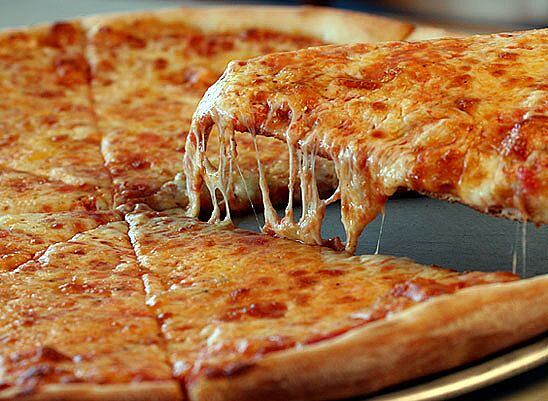As to whether we should cut back to 1,500mg or to 2,300mg sodium a day, meanwhile, the jury is out, says the IOM, not because consuming 1500mg/day is dangerous, but because there is just not enough data on the benefits of consuming such low levels to support a firm conclusion.
Press coverage of the report could be paraphrased thus: Boffins backpedal on sodium reduction
The press release - which is all most journalists probably had time to read - was rather less nuanced, however.
It also highlighted research discredited in the body of the report about the potentially adverse effects of low sodium intakes.
Within hours, the internet was swamped with a flurry of media reports that can be paraphrased as follows: ‘Boffins backpedal on sodium reduction, admit that eating less salt could do us more harm than good’.
In other words, cutting back on salt is at best unnecessary, and at worst even dangerous.
IOM committee: NY Times editorial went ‘well beyond the conclusions’ of our report
But this isn’t what we meant at all, complained the IOM as the clippings started to come in.
Indeed, such was their concern that several top cardiologists wrote to the New York Times on May 24 to express their frustration over its coverage of the report, which they argue “was misleading in several ways, especially because it did not convey to readers that the IOM found insufficient evidence of risk at low sodium intakes”.
Indeed, the Times’ May 15 editorial went “well beyond the conclusions of the IOM’s report, by indicating that eating less salt is both unnecessary and potentially harmful”, they complained.

By June 3, the president of the IOM felt compelled to write a letter to the boss of the Department of Health & Human Services criticizing the press for “misstating the conclusions of the report”.
On June 6, three members of the IOM committee behind the report penned a viewpoint article in JAMA complaining that much of the media coverage “misses the larger conclusion” of their report.
CSPI: I think the report is poorly written. It’s a huge lost opportunity
But if so many people misinterpreted the report’s findings, shouldn’t the IOM shoulder at least some of the blame for not spelling out its take home message more clearly?
Without doubt, says the Center for Science in the Public Interest (CSPI) executive director Michael Jacobson.
“I think the report is poorly written” he told FoodNavigator-USA. ”It exaggerated the potential risks of sodium reduction, largely ignored the benefits to blood pressure of lowering sodium dramatically, and left behind a very muddy message.

“What the committee failed to emphasize in is that most Americans are consuming 3,500 to 4,000mg of sodium a day and that those excessive levels increase the risk of high blood pressure, heart attacks, and strokes.
“We and the American Heart Association still believe that 1,500mg is a good goal, but whether we aim for 2,300 or 1,500mg a day is not the key issue. Americans don’t count exactly how many milligrams of sodium they are consuming each day, so the key message to the public just has to be cut down.”
The authors of the IOM report also did not make it clear enough that emerging evidence on the potential adverse effects of low sodium intakes specifically related to heart-failure patients treated with aggressive, unorthodox regimens not used in the US, he said.
Indeed, the meta-analysis of the studies in question has even been retracted by its journal (Heart) following a review by the BMJ Publishing Ethics Committee. Click here.
It’s hardly surprising data about the benefits of 1500mg/day intakes is patchy
What the IOM also failed to communicate effectively was that it is not practical to conduct randomized controlled trials to assess whether intakes of, say, 1,500mg of sodium lower the risk of heart attacks and strokes, “because such studies would have to keep thousands of people on a very-low-sodium diet for years”, which would be completely impractical given the sodium content in most packaged foods today, he said.
“The IOM basically bemoaned the absence of tests it’s impossible to conduct.”
And the net result? Just more muddy water in a pool that really shouldn’t be muddy at all given the overwhelming evidence that reducing sodium helps reduce blood pressure, that we consume far too much, and we need to drastically cut down, added Jacobson.
“This will go down in nutrition history as a huge lost opportunity.”
Click here to read the full IOM report.
